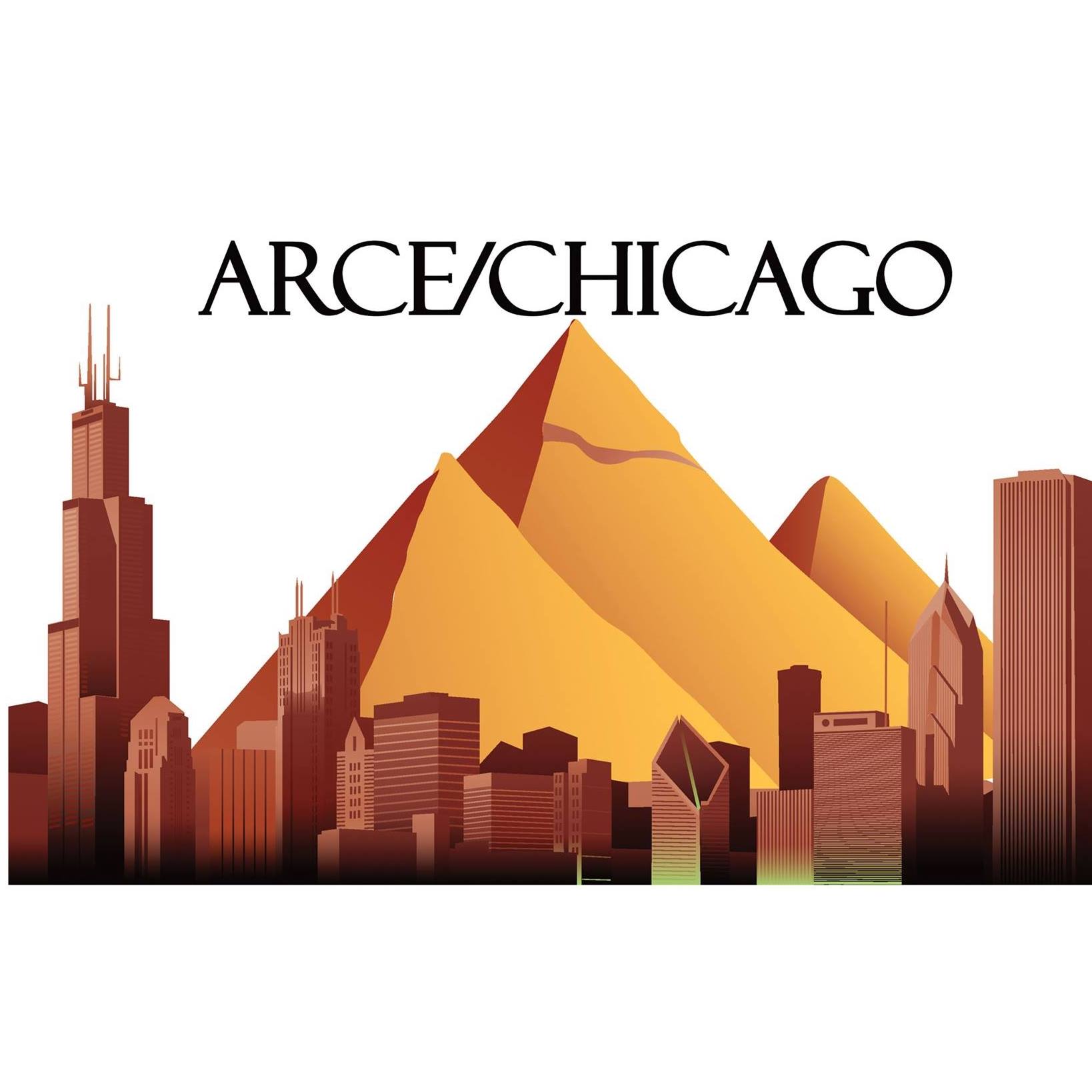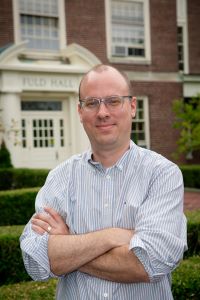
07
JanARCE Chicago: Egyptian Monasteries as International Centers of Cultural Exchange
Registration is required
Presented by: Professor Paul Dilley
- 5:00 PM CTIllinois
- In-person/ZoomOriental Institute La Salle Room
- + Add to Calendar
Lecture Abstract:
This lecture explores the vibrant communities of monks and nuns in Late Antique and Medieval Egypt through the lens of multilingualism and its written remains, especially manuscripts and inscriptions. These provide us with a window into the lives of their inhabitants, which were deeply local, and expressed in the Greek, Coptic, and later Arabic languages, but also important nodes in a network of Christians, mostly non-Chalcedonian, which spread across the eastern Mediterranean. The focus of the talk will be on the famous Red and White Monasteries in Sohag, Egypt, founded in Late Antiquity, which once contained perhaps the most important library of Coptic literature in the world. The inscriptions on site, however, reveal an intercultural community of Armenian, Ge’ez, and Syriac speakers, the latter two languages only recently discovered in excavation campaigns. How can we understand the role of monasteries in fostering such linguistic and cultural exchanges over the centuries?
Speaker’s Bio:
Paul Dilley is an Associate Professor of Ancient Mediterranean Studies in the departments of Classics and Religious Studies and the Center for the Book at the University of Iowa. He specializes in the Religions of Late Antiquity, with a focus on Christianity and Manichaeism. His first book, Monasteries and the Care of Souls in Late Antique Christianity: Cognition and Discipline (Cambridge, 2017) has recently been translated into Romanian. Dilley is a co-editor of the Coptic Kephalaia codex and the Synaxeis of Mani’s Living Gospel. His collaborative work on the enhanced imaging of ancient manuscripts has been covered in the New York Times, Newsweek, and other media. He has been a fellow of the American Research Center in Egypt, the von Humboldt Foundation, and the American Council of Learned Societies, among others, and a member of the Institute for Advanced Study.
